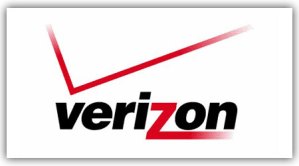
Just yesterday, The New York Times, The Wall Street Journal, and news outlets like Bloomberg were bristling with reports that Internet giant Google and telecommunications operator Verizon had inked a deal on network neutrality: Verizon would agree to leave its wireline services open, but would be able to prioritize mobile traffic. The reports triggered an outcry from consumer rights and net neutrality advocates…and now both companies are trying to distance themselves from the reports.
“The New York Times article regarding conversations between Google and Verizon is mistaken,” Verizon wrote in a brief statement. “It fundamentally misunderstands our purpose. As we said in our earlier FCC filing, our goal is an Internet policy framework that ensures openness and accountability, and incorporates specific FCC authority, while maintaining investment and innovation. To suggest this is a business arrangement between our companies is entirely incorrect.”
Google has also been denying the reports, telling selected press outlets that it is not in talks with Verizon about paying for priority treatment on Verizon’s network. “We have not had any conversations with Verizon about paying for carriage of Google traffic. We remain as committed as we always have been to an open internet,” a Google spokesperson told the UK’s The Guardian.
Google and Verizon are two parties involved in a long-running series of hearings being held with by the FCC with the intention of laying the groundwork for regulation of Internet traffic. Google has consistently argued for open policies and network neutrality; Verizon and other telcos have argued that not being able to offer priority services eliminates business opportunities and discourages private investment in broadband infrastructure. Other attendees have included Public Knowledge, the Open Internet Coalition, Skype, the American Library Association, and the National Cable and Telecommunications Association, among many others.

